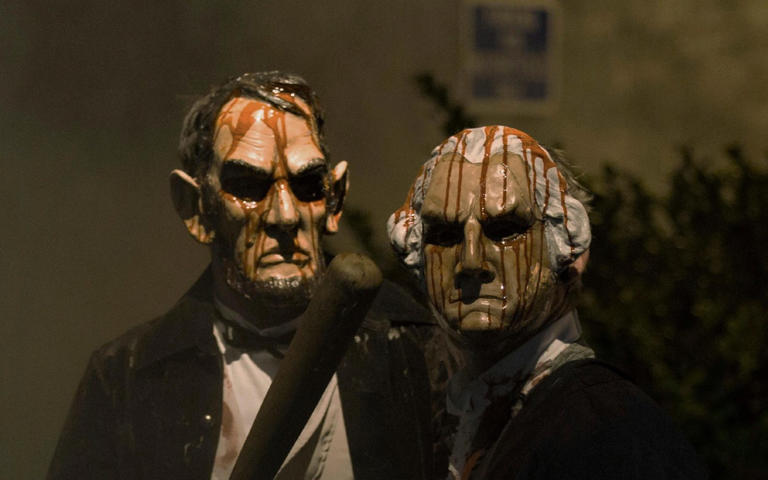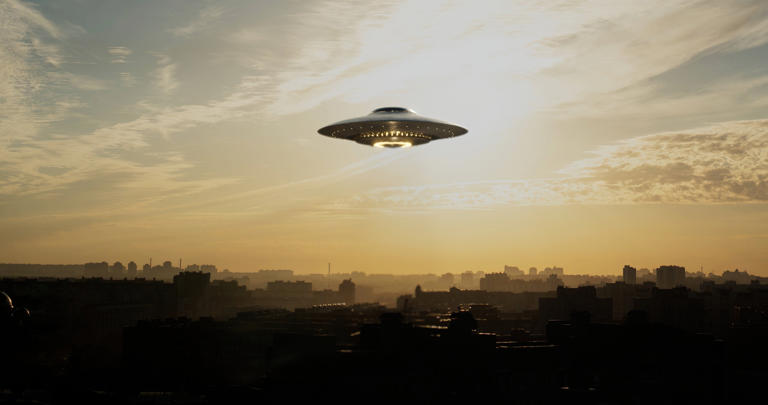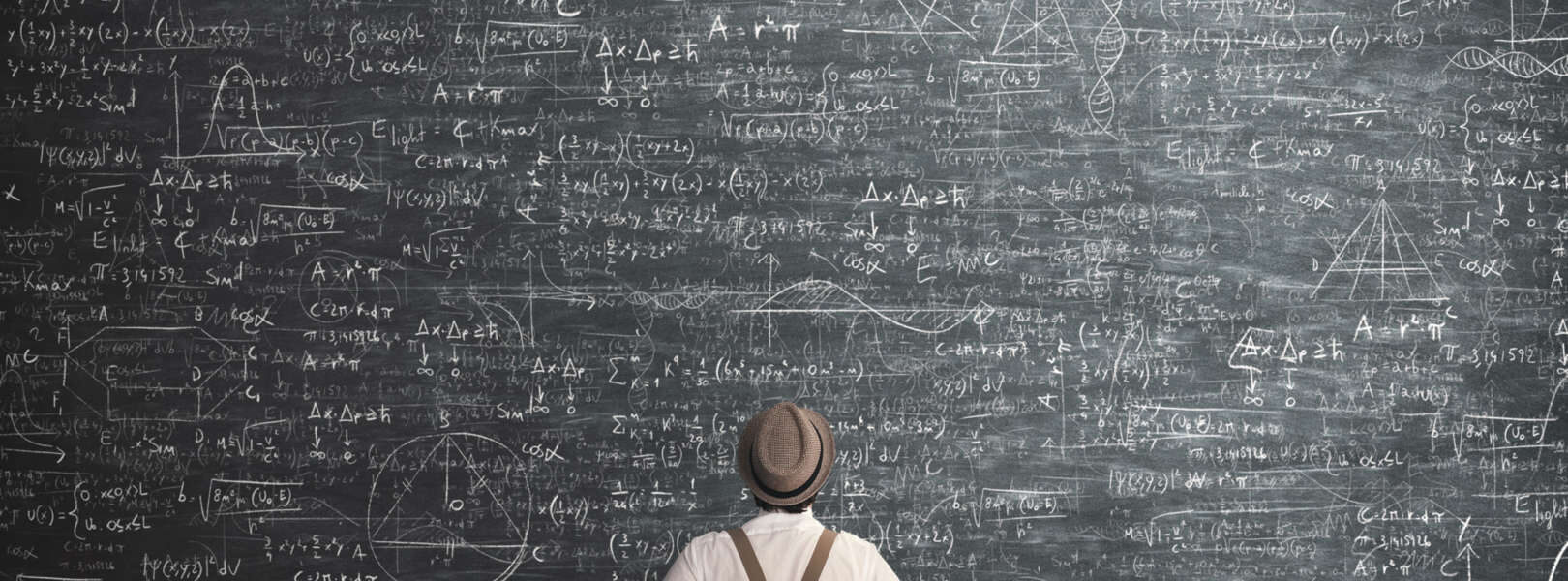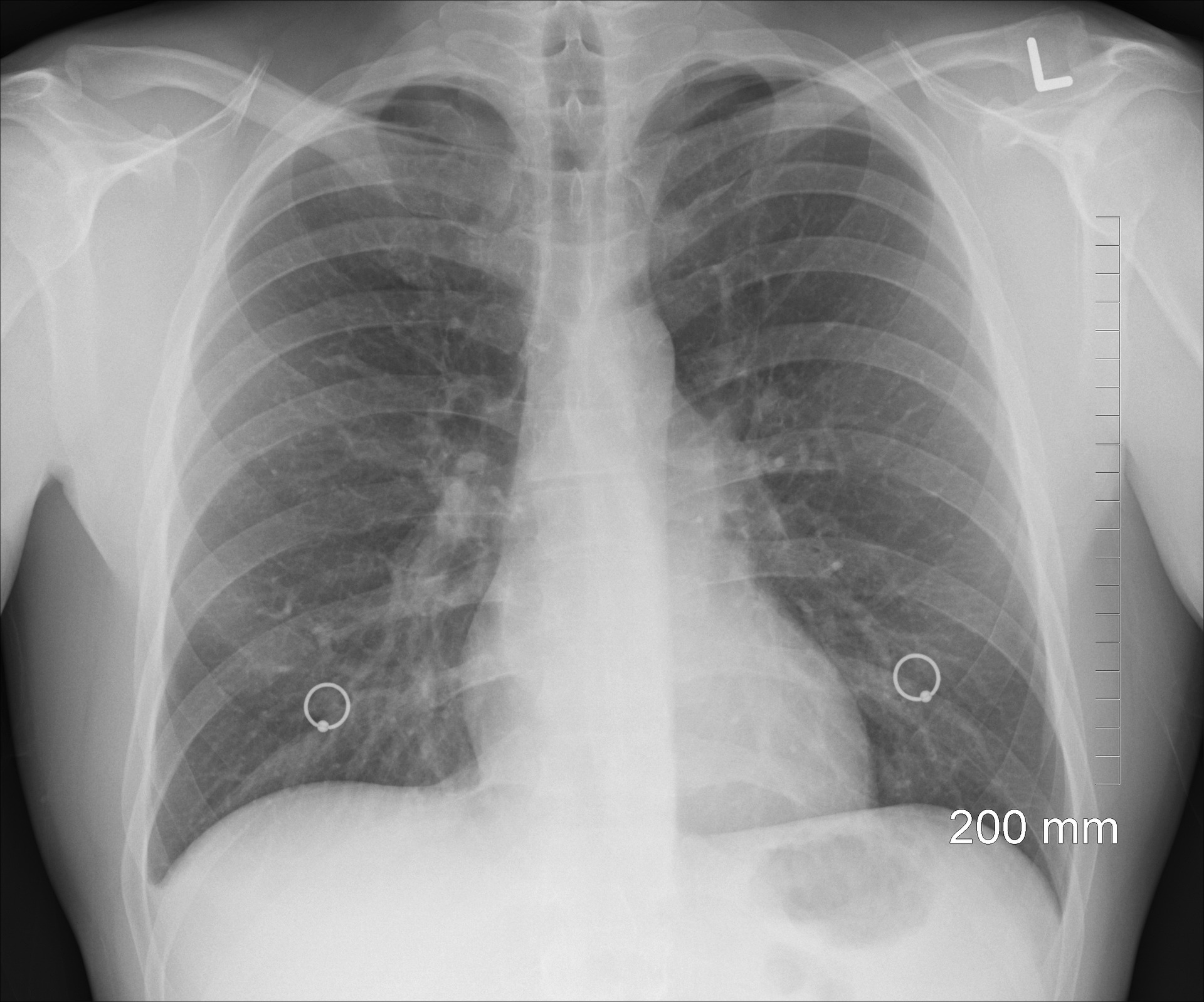Rh-Negative Blood Origin: Truth vs. Sci-Fi
Ever wondered about the origin of Rh-negative blood? Learn the science behind this blood type and debunk the surprising theory linking it to aliens!
Have you ever stopped to consider your blood type? A, B, AB, or O? While most of us are familiar with these main groups, there’s another layer to the blood type story: Rh factor. This can be either positive or negative.
Intriguingly, Rh-negative blood is less common, making up only about 7% of the population. This rarity has sparked some fascinating – but ultimately untrue – theories about its origin. Let’s dive into the science behind Rh-negative blood and debunk the surprising claim that it’s a sign of alien ancestry!

© Provided by Metro
Understanding Blood Types: A Crash Course
Blood types are determined by tiny proteins called antigens that live on the surface of red blood cells. These antigens come in two main flavors: A and B. People with type A blood have A antigens, type B has B antigens, type AB has both, and type O has neither.
Our bodies also produce antibodies, which are like security guards patrolling our system. These antibodies target foreign invaders, like bacteria or viruses. Here’s the key: someone with type A blood will have antibodies that attack B antigens, and vice versa. This is why it’s crucial to get the right blood type during a transfusion – mismatched blood can lead to a serious reaction.
The Mystery of the Rhesus Factor
In 1940, scientists discovered another antigen on red blood cells, called the Rh factor (named after the Rhesus monkeys used in the research). Most people have this protein, making them Rh-positive. The remaining 7% lack the Rh factor and are Rh-negative.
Here’s where things get interesting. The exact origin of Rh-negative blood remains a bit of a scientific mystery. This knowledge gap has unfortunately fueled some outlandish theories online.
Aliens Among Us? Debunking the Sci-Fi Connection
One popular theory suggests Rh-negative blood is a sign of extraterrestrial heritage. The idea goes that aliens visited Earth long ago and interbred with humans, leaving behind this unique blood type.
Evolution is a more likely explanation. Perhaps a mutation in the gene responsible for Rh factor occurred at some point in human history, leading to the development of the Rh-negative blood type.
Furthermore, the theory uses the case of Rh disease to bolster its claim. The mother’s immune system can attack the baby’s blood cells, causing health problems. However, this is simply a case of the body mistaking the baby’s Rh factor for a foreign invader, not evidence of interspecies rejection.

© Provided by Metro
Real Science, Not Science Fiction
The truth is, many humans carry DNA from another species – Neanderthals! Our ancient cousins interbred with Homo sapiens, leaving a genetic imprint on some modern humans. But there’s no connection between Neanderthals and Rh-negative blood.
While the origin of Rh-negative blood remains a puzzle, scientists are constantly unraveling the mysteries of genetics. The answer is likely a natural, earthly phenomenon waiting to be discovered.

The Importance of Rh-Negative Blood
Despite its rarity, Rh-negative blood is incredibly valuable in the medical world. Since Rh-negative individuals can only receive Rh-negative blood for transfusions, they are considered “universal donors” for Rh-negative recipients. This makes their blood type crucial for emergency situations and for those with rare blood types.
If you’re Rh-negative, consider donating blood! Your unique blood type can help save lives.
The Takeaway: Embrace the Mystery (and Maybe Donate Blood!)
The origin of Rh-negative blood may be a scientific mystery, but one thing is clear: it’s not evidence of alien ancestry! While we wait for science to unlock the answer, remember that Rh-negative blood is a valuable gift. Consider donating and helping those in need.
ALSO READ:
“Puumala Virus: 5 Terrifying Reasons Why You Should Be Worried Now!”




